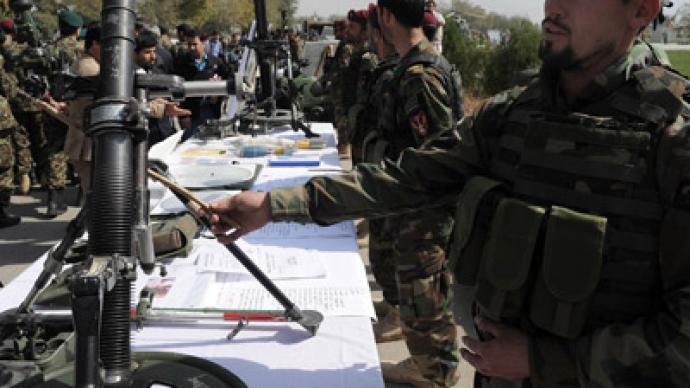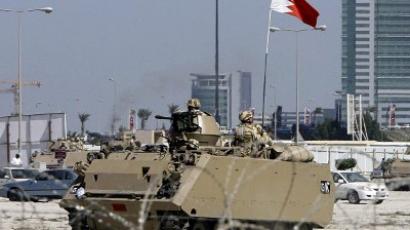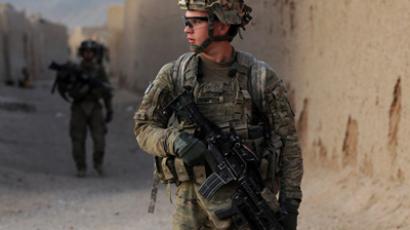USed weapons giveaway in Central Asia concerns Russia

As US and NATO forces prepare to withdrawal from Afghanistan, speculation is rife that the Pentagon may provide used weapons to some Central Asian countries, thus complicating Russia’s military cooperation in the region.
While the handover of used military equipment by the Pentagon to Central Asian republics after the withdrawal of the ISAF forces from Afghanistan does not conflict with the CSTO (Collective Security Treaty Organization) agreements, it could complicate Russia's military-technical cooperation with the former Soviet partners, defense expert Vladimir Kudelev told Interfax-AVN on Friday."There is no conflict with the CSTO agreements here because basically we are talking about second-hand auxiliary equipment currently being used as materiel and technical support by theInternational Security Assistance Force," said Kudelev, the leading scientist at the Russian Institute of Oriental Studies.After the withdrawal of US and NATO troops from Afghanistan in 2014, the military equipment used by the International Security Assistance Force (ISAF) may be transferred to Central Asian countries, Asia-Plus, citing Kommersant newspaper, reported.The Pentagon is negotiating weapon transfers with the governments of Kyrgyzstan, Tajikistan and Uzbekistan.Some weapons will be transferred to these countries without charge and some – for safekeeping. It has also been reported that the US is negotiating on the possible transfer of medical equipment, communications and fire-fighting equipment.A source in the Kyrgyz Defense Ministry said the issue was raised in March during a meeting between US Secretary of Defense Leon Panetta and his Kyrgyz counterpart Talaibek Omuraliev.Meanwhile, Afghan authorities are trying to persuade US military officials to leave the maximum amount of equipment behind for their national army and police, the Afghan president's administration told the newspaper.According to Russian diplomats, the transfer of NATO troops to Central Asian countries contradicts the agreements within the Collective Security Treaty Organization (CSTO). In December, the leaders of the CSTO, which include Russia, Armenia, Belarus, Kazakhstan, Kyrgyzstan, Tajikistan and Uzbekistan, agreed that the military bases of third countries can be placed on the territory of the organization's participants only following unanimous consent of all participants.The subject could be discussed between President Vladimir Putin and US President Barack Obama, who are scheduled to meet on the sidelines of the G20 meeting Los Cabos, Mexico, held on June 18-19.Robert Bridge, RT














